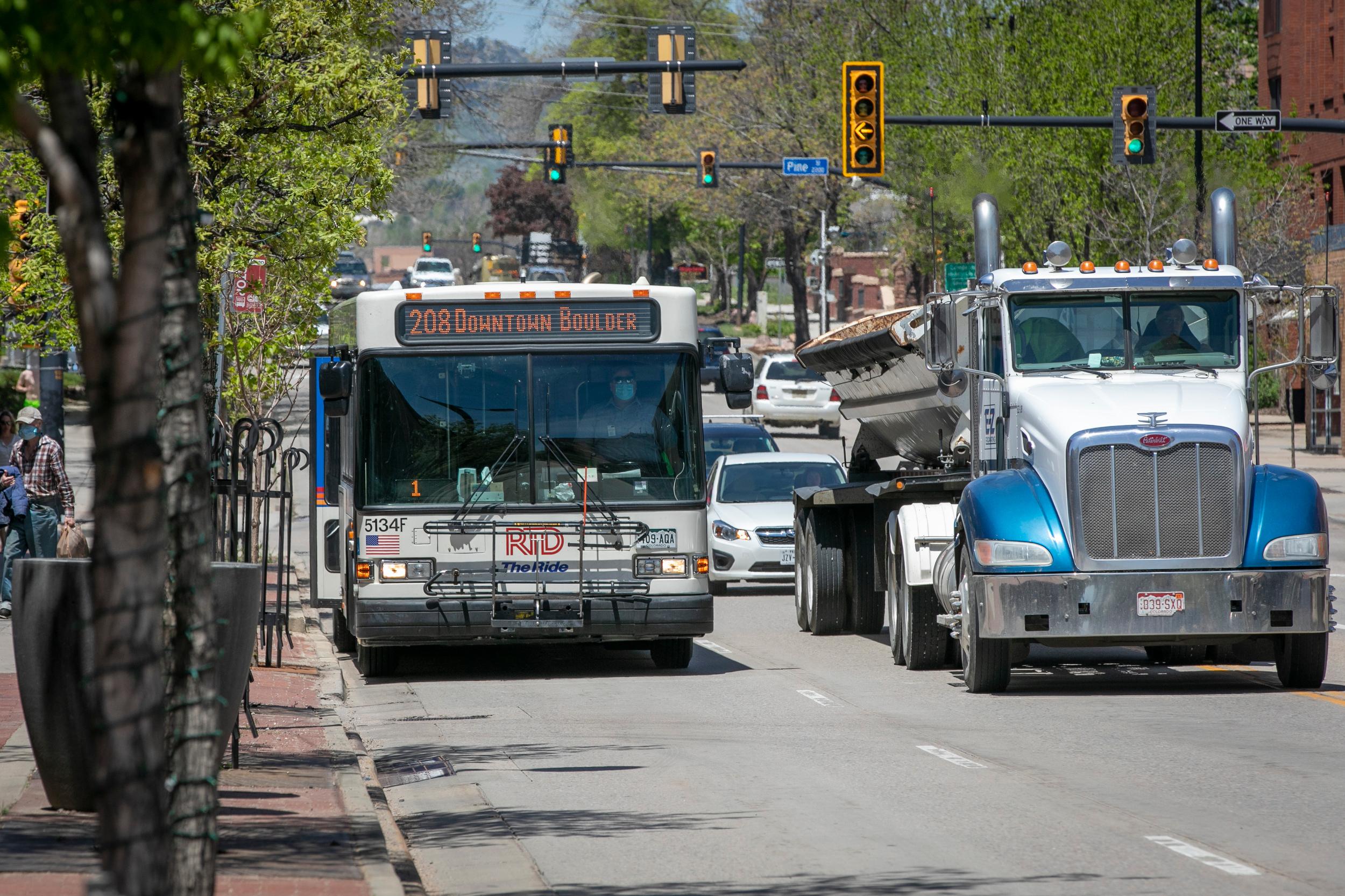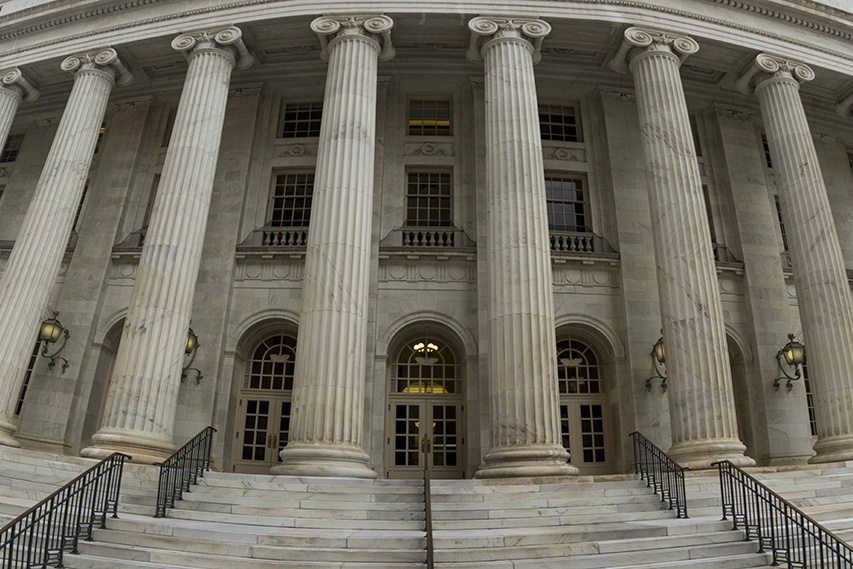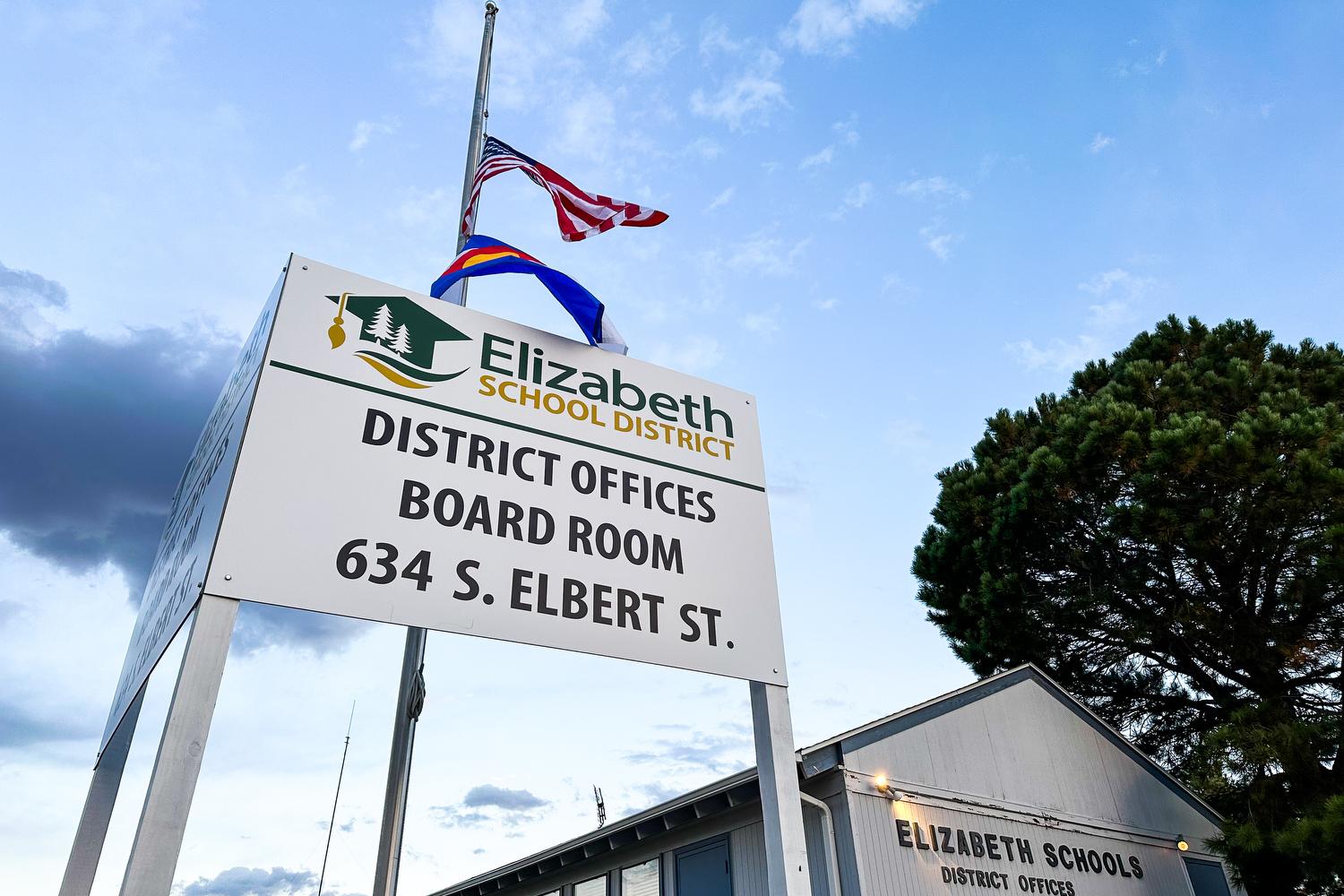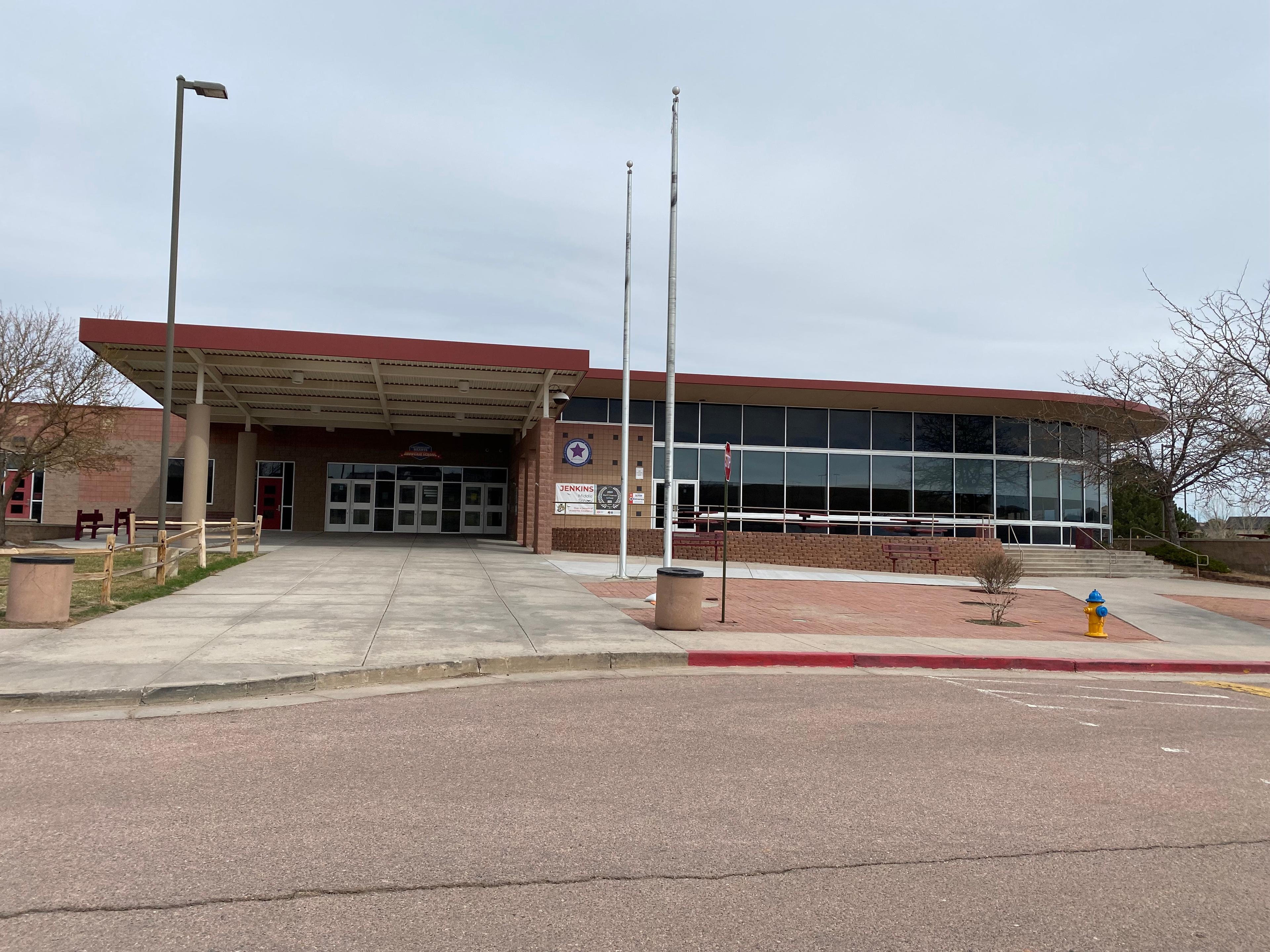
The Regional Transportation District’s Downtown Boulder Station will reopen next Monday after being closed for over a year.
In January 2023, the lobby of the bus station was closed to the public after methamphetamine residue was detected in its bathroom. During that time, several public spaces were testing for methamphetamine contamination after the Boulder Public Library found signs of residue in some of its public-facing areas.
The downtown Boulder station’s closure is by far RTD’s longest lasting closure caused by methamphetamine contamination. RTD had to conduct extensive maintenance and renovations to the space in order to clear the residue.
“The ductwork was impossible to clean, so it was removed and replaced. New sheet metal ductwork that was installed has exterior insulation, so its interior surface can be cleaned,” the agency said in a statement. “Public restroom ventilation was improved with more powerful exhaust fans. If drug use occurs again, smoke will be confined to these spaces, which will be easier to clean.”
RTD said after work was completed, it retested surfaces where methamphetamine was detected last year to determine whether any residue remained.
Exposure to meth residue can lead to several symptoms, depending on how long you’re exposed to it. Short-term exposure symptoms can include dizziness, disorientation and headaches. Longer-term exposure, such as being in an enclosed space and breathing in secondhand smoke, could cause symptoms closer to what meth users experience.
Public health officials and researchers have noted that Colorado’s threshold for testing for meth residue is centered around protecting children from exposure in residential settings, not around contamination in public spaces.









